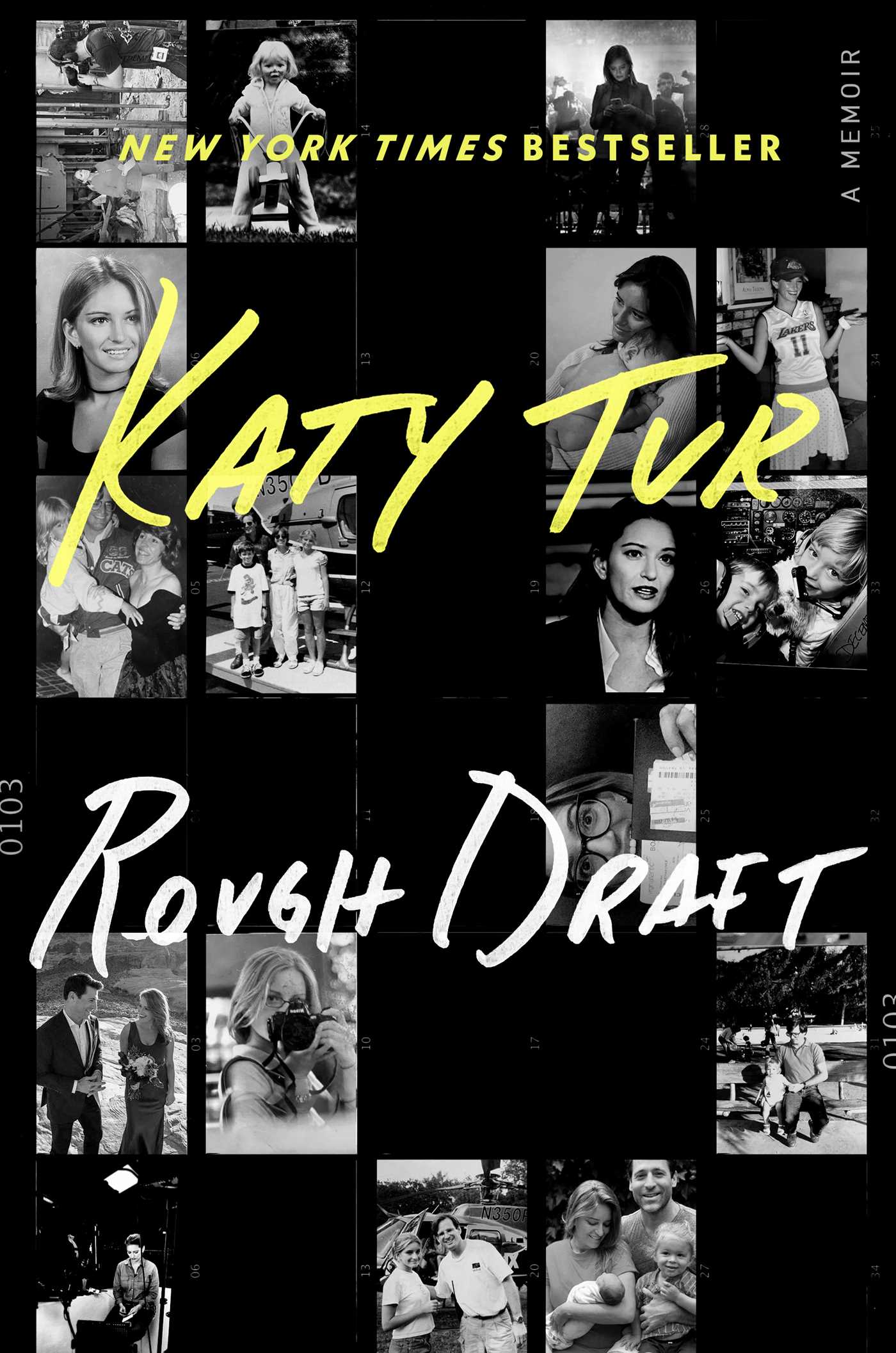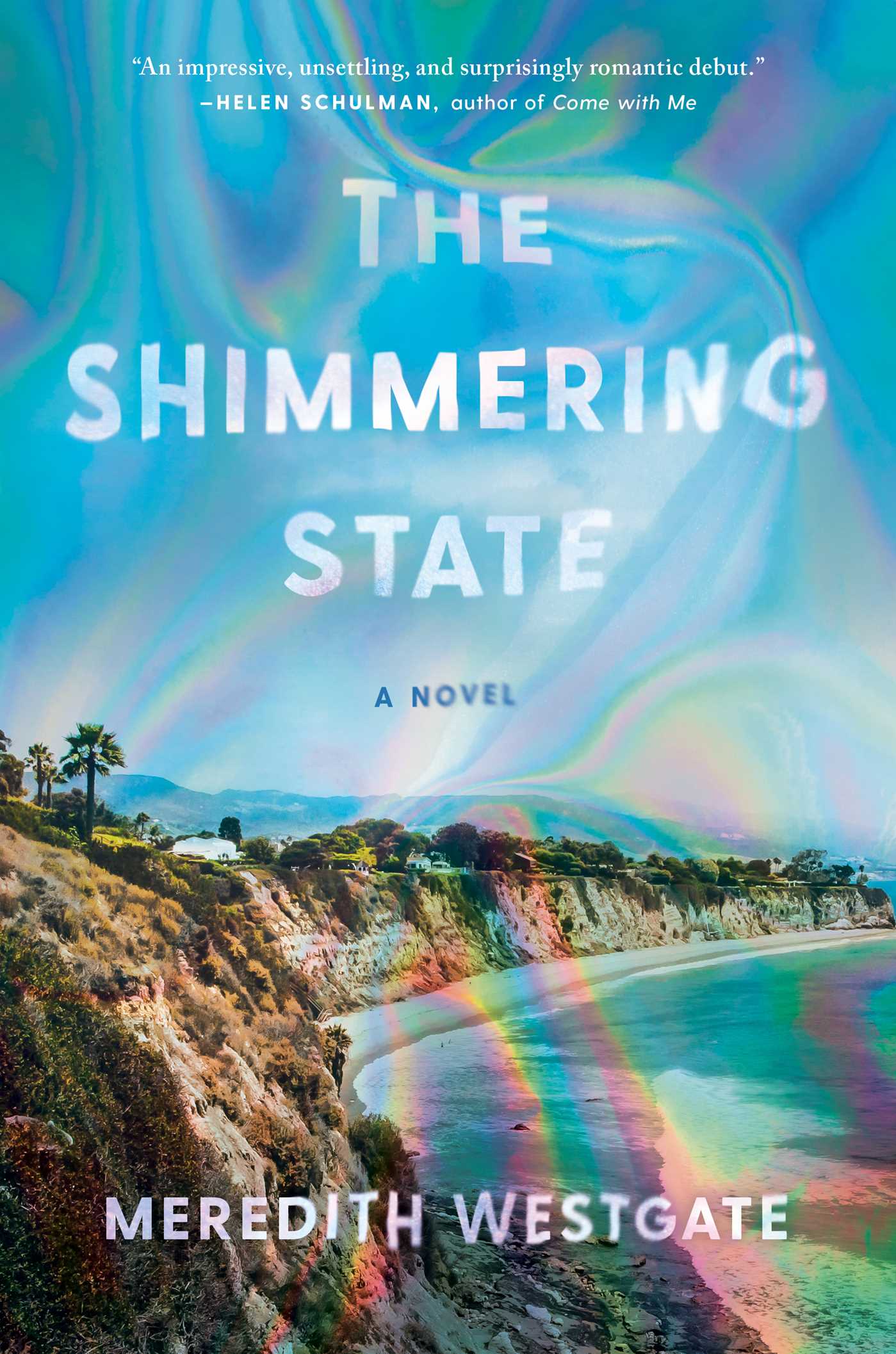MSNBC Anchor Katy Tur has recently been subject of interviews herself, as her newest book is being celebrated as “Introspective and bitingly funny…a thrilling ride.” (Publishers Weekly).
With her 2017 debut memoir Unbelievable, Katy Tur captured the nation with her humor and heart. Called “compelling” by The New York Times and “revealing and powerful” by The Atlantic, it was an instant New York Times bestseller. She won a Cronkite Award in 2017 for her coverage of the Trump campaign and she appears in millions of homes daily as the anchor of MSNBC’s Katy Tur Reports at 2pm ET. Now, in her shocking and deeply personal second memoir ROUGH DRAFT: A Memoir, Tur confronts her past for the first time on the public stage.
In ROUGH DRAFT, Tur takes us back to her provocative and volatile California childhood, punctuated by tragedy, celebrity, and police chases—seen from her parents’ news helicopter, 1,000 feet in the air. She retraces a close but complicated and finally distant relationship with her father, a person as magnetic as, at times, frightening. And she charts her rise – and her run from her past – journeying from hyper-local reporter in Brooklyn; to country-hopping foreign correspondent; to breakout campaign reporter “Little Katy,” reminding us all why “you can’t rattle her” (New York Times). Tur also opens up about her struggles with burnout and impostor syndrome, what it means to own an hour of news television when fewer and fewer people want to hear the truth, and, of course, her fairytale relationship with someone who quite possibly had an even crazier childhood then she did: CBS Mornings anchor Tony Dokoupil. His dad was a drug dealer, Katy’s mom told her even before they met. “He’s perfect for you.”
If journalism is the “first rough draft of history” then Tur’s memoir a stunning reminder that journalists are not only providing us with the draft, they are living its revision alongside us. ROUGH DRAFT explores the gift and curse of family legacy, examines the roles and responsibilities of the news, and asks the question: To what extent do we each get to write our own story?



